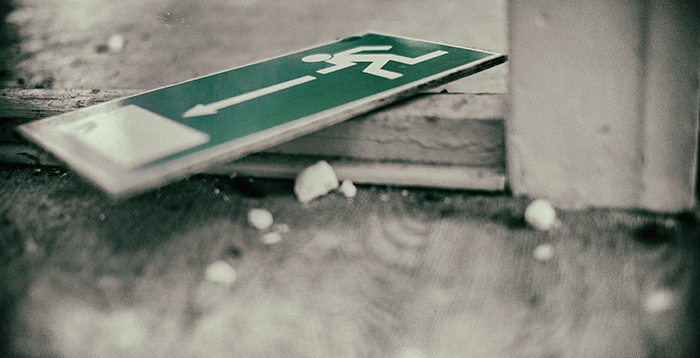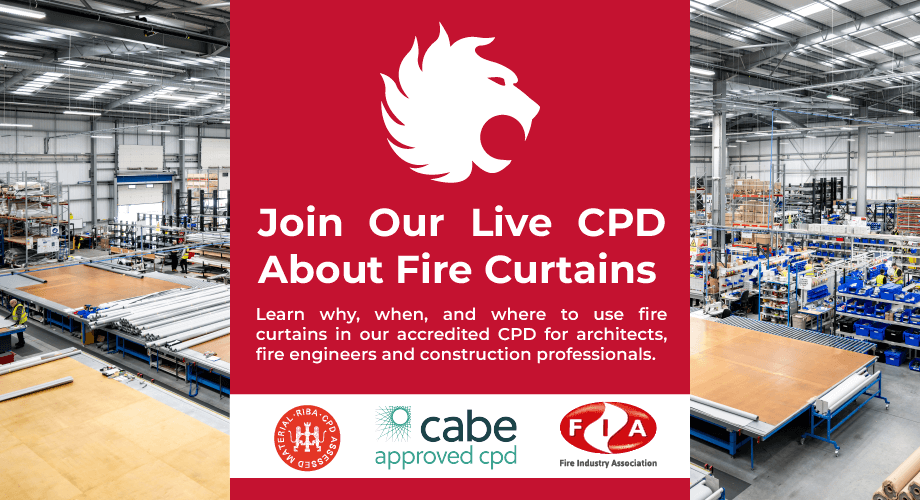Retail Environments
Most of us have worked in retail at some point. And we know how hectic the job is, how much things can change from store to store (even within the same company) and how messy things can get on busy days.
Retail stores present numerous fire risks, regardless of what’s being sold. Boxes, packaging and paperwork all tend to pile up when staff are busy working the shop floor. Retail spaces are expensive to rent, and so they tend to be smaller behind the scenes to maximise the sales area. Back offices and stock rooms are often cramped at best, overflowing at worst.
When both time and space are tight, things can get messy and chaotic. And that’s dangerous. Paper burns easily and can ignite the fabrics and plastics in office furniture if left unchecked. It’s not uncommon for all staff and management to be busy for long periods, and a fire can silently become unmanageable in minutes.
How could a fire start though? Well, in retail spaces, lighting is the number one cause of fires. It’s not hard to imagine paperwork or boxes stacked ceiling high in a back office – so high that the pile touches an exposed light fitting – catching fire.
Getting out of a burning building through a corridor lined with boxes or strewn with paperwork is far from ideal.
It all seems elementary and glaringly obvious. But busy workers simply don’t notice that fallen box of marketing leaflets spread all over the floor – and when they do, they’re not likely to have time to deal with it properly.
Time must be devoted to taking safety seriously – to plan thoroughly and to ensure that everyone can get to safety when a fire starts.
Who is Responsible for Your Safety at Work?
Everyone. It’s up to every member of staff to report dangers and be vigilant. Fire doesn’t care who’s in charge. Of course there are structures and procedures in place to make sure due diligence is done – and workplace fire risk assessments provide a framework.
But your workplace’s culture has to promote safety by all, for all. If you see something dangerous – report it or resolve it.
Checklists, Drills and Ownership
There should be daily, weekly and monthly checklists on top of annual risk assessments.
Are escape routes clear?
Are fire extinguishers in working order?
Do all staff, old and new, know what to do in an emergency?
Regular fire drills are important, but so are basic alarm checks and stockroom inspections. Keeping everything in order should be the first order of business. A safe place to work is a productive place to work – and this needs to be baked into every member of your team, from top to bottom.
Stay Safe at Work
Our expertise has led Coopers Fire to become a leader in fire safety. For more information on our educational training courses or our non-intrusive, life-saving fire and smoke protection, call us on 02392 454 405 or email info@coopersfire.com.


